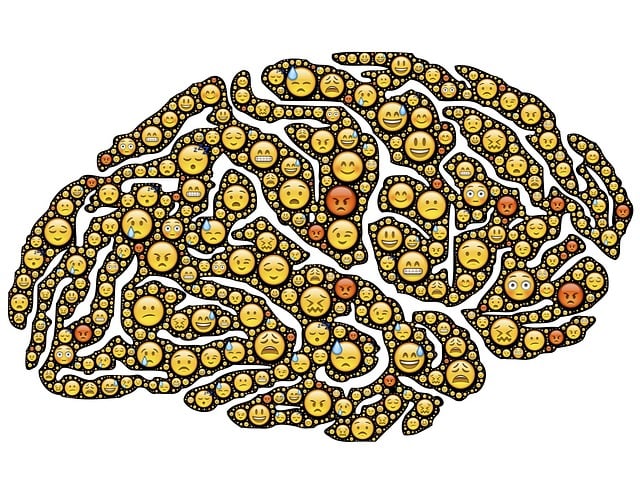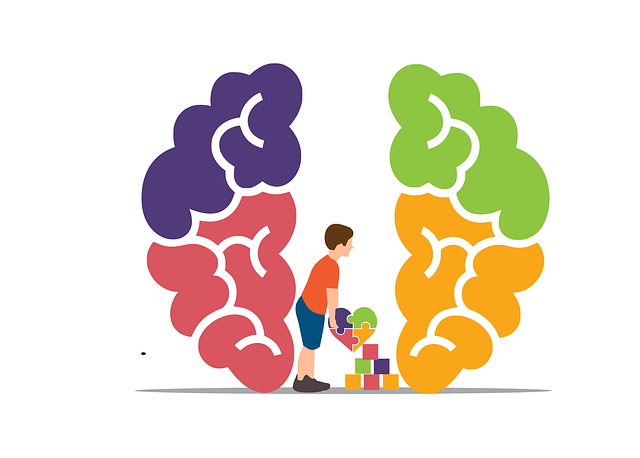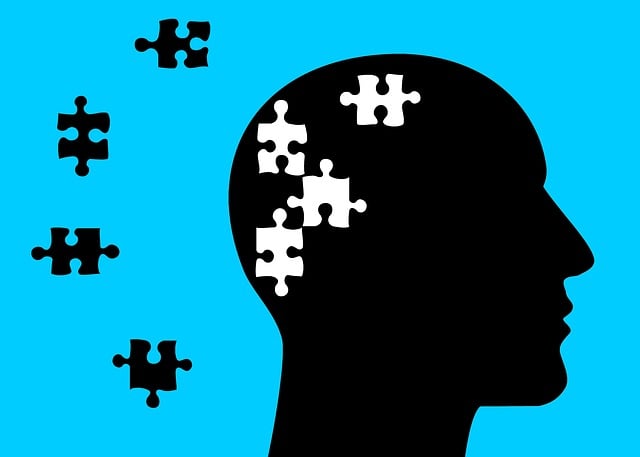Understanding Mental Health Data is a cornerstone of effective Louisville Adolescent and Teen Therapy. By analyzing emotional states, thought patterns, behaviors, and environmental influences, therapists tailor their approach to empower teens with mood management skills and coping mechanisms for specific needs like anxiety, low self-esteem, or anger management. This data-driven process, informed by evidence-based practices, fosters positive change in the mental well-being of Louisville's adolescents and teenagers. Trend analysis reveals common challenges and effective treatments, enabling therapists to adapt services and develop targeted programs like Mental Wellness Coaching and Trauma Support Services, ultimately revolutionizing Louisville Adolescent and Teen Therapy.
Louisville, like many cities, faces challenges in addressing mental health concerns among its youth. This article delves into the critical areas of mental health data analysis and interpretation, specifically focusing on Louisville Adolescent and Teen Therapy. We explore how understanding complex data sets can provide a solid foundation for effective therapy, enabling professionals to unlock insights and inform tailored treatment strategies for Louisville’s young people. By analyzing trends within these datasets, we aim to enhance the overall well-being of the city’s adolescents.
- Understanding Mental Health Data: A Foundation for Effective Therapy in Louisville
- Analyzing Trends: Unlocking Insights from Adolescent and Teen Therapy Data
- Interpreting Findings: Informing Treatment Strategies for Louisville's Youth
Understanding Mental Health Data: A Foundation for Effective Therapy in Louisville

Understanding Mental Health Data is a cornerstone for delivering effective therapy in Louisville, particularly when focusing on Louisville Adolescent and Teen Therapy. By meticulously analyzing and interpreting data, therapists can gain valuable insights into an individual’s mental health landscape. This process involves assessing various factors such as emotional states, thought patterns, behaviors, and environmental influences. With this information, therapists can tailor their approach to address specific needs. For example, data might reveal a teen struggling with anxiety, low self-esteem, or difficulty managing anger, prompting interventions like conflict resolution techniques or confidence-boosting activities.
Through data-driven insights, therapists in Louisville can implement strategies that foster positive change. This includes teaching teens mood management skills and coping mechanisms to navigate life’s challenges. By integrating evidence-based practices and utilizing the data collected, therapists play a crucial role in empowering adolescents and teenagers to improve their mental well-being.
Analyzing Trends: Unlocking Insights from Adolescent and Teen Therapy Data

Analyzing trends within Louisville Adolescent and Teen Therapy data can reveal valuable insights into common challenges and effective treatments for this demographic. By examining patterns in therapy sessions, professionals can identify emerging mental health concerns among teens and adolescents. For instance, an increase in referrals related to anxiety disorders or a rise in the frequency of trauma-related issues could point to broader societal trends or specific stressors impacting young individuals. This data-driven approach allows therapists and researchers to adapt their strategies, ensuring that services meet the evolving needs of Louisville’s adolescent population.
Through rigorous analysis, mental health professionals can uncover successful therapeutic interventions and best practices. Identifying which treatment modalities resonate with teens might inform the development of tailored programs, such as Mental Wellness Coaching Programs or enhanced Trauma Support Services. Moreover, understanding the factors contributing to stress management in this age group could lead to community-wide initiatives aimed at promoting resilience and overall mental wellness.
Interpreting Findings: Informing Treatment Strategies for Louisville's Youth

When analyzing mental health data for Louisville’s youth, interpreting the findings is a critical step in informing effective treatment strategies. This involves careful consideration of trends and patterns within the data, focusing on both individual cases and broader community insights. By understanding the unique challenges faced by adolescents and teens in Louisville, such as those related to Emotional Regulation and Burnout Prevention, mental health professionals can tailor interventions to meet their specific needs. For instance, identifying high rates of anxiety or depression could prompt the development of targeted programs aimed at improving coping mechanisms and resilience.
Moreover, leveraging the insights from Mental Health Policy Analysis and Advocacy can ensure that treatment strategies are not only effective but also sustainable and comprehensive. This might involve advocating for policy changes that better support mental health services within schools and communities, addressing barriers to care, and promoting a culture of open dialogue around mental well-being among Louisville’s youth. Such an approach has the potential to revolutionize adolescent and teen therapy in the city, ultimately enhancing the overall mental health landscape.
Mental health data analysis is a powerful tool for improving therapeutic outcomes in Louisville, particularly among adolescents and teens. By understanding trends within the data, professionals can tailor treatment strategies to meet the unique needs of this demographic. This evidence-based approach, utilizing insights from both adolescent and teen therapy datasets, ensures that Louisville’s youth receive more effective and targeted care, fostering better mental well-being for the city’s future. Louisville Adolescent and Teen Therapy can significantly benefit from these analytical techniques, leading to enhanced therapeutic practices and improved lives for young residents.














